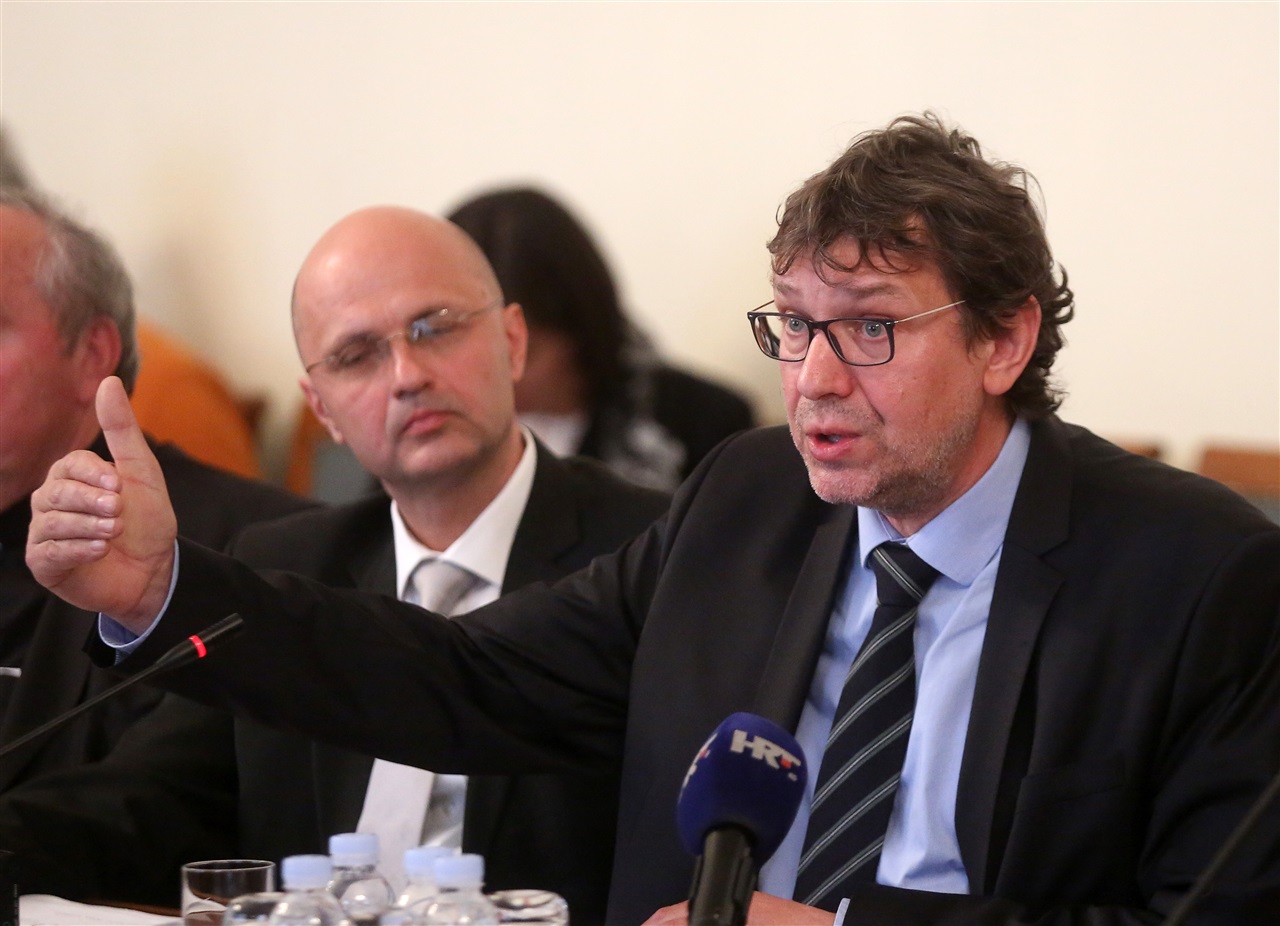
Zagreb - A negative atmosphere, inconsistent implementation of the bilateral agreement on protection of minorities and inadequate education in the Croatian language were only some of the problems cited by representatives of the Croat minority in Serbia at a round table discussion held by the Croatian Parliament's Committee on Croats Abroad on Thursday.
"Croats in Serbia live in a negative environment because the local media consistently pursue anti-Croat propaganda that directly reflects on the attitude to the local Croat community," Slaven Bačić, president of the Croat National Council in Serbia, said before the event.
The key outstanding issues refer to the implementation of the Croatian-Serbian agreement on the protection of ethnic minorities, notably its Article 9 that refers to guaranteed seats for Croat minority representatives in representative bodies, specifically the Serbian parliament. Croatia has honoured that part of the agreement but Serbia does not want to do it, Bačić said.
Democratic Alliance of the Vojvodina Croats (DSHV) leader and member of the Serbian parliament Tomislav Žigmanov said that the atmosphere in Serbia, the level of democratic development and the rule of law did not have positive characteristics. "There are problems regarding the exercise of minority rights, the coverage of children attending classes in Croatian, which is below 5%, the issue of textbooks and people involved in the education process," said Žigmanov, noting also that the right to information was being restricted, that 70% of Croat cultural institutions did not have adequate offices, that there were problems with their financing and that the state was meddling in the dispute related to the identity of the Bunjevci community, who deny their Croat background.
"Croats are a new minority who won that status only after 2000 and we are the only ethnic minority in Vojvodina that was a target of ethnically motivated violence," Žigmanov said, adding that they expected Croatia to support the exercise of minority rights, to show greater interest in Croats in Serbia and support their greater participation in public life.
A state secretary at the Office for Croats Broad Zvonko Milas warned about a drastic decline in the number of Croats in Serbia in the last 50 years. In 1961 there were 196,000 Croats in Serbia and in 2011 only 57,800, he said.
Participants in the round table discussion concluded that Croatia should support Serbia's integration with the EU while insisting on an inclusive and effective implementation of an action plan for ethnic minority rights, notably the bilateral agreement on the protection of ethnic minorities. (Hina)